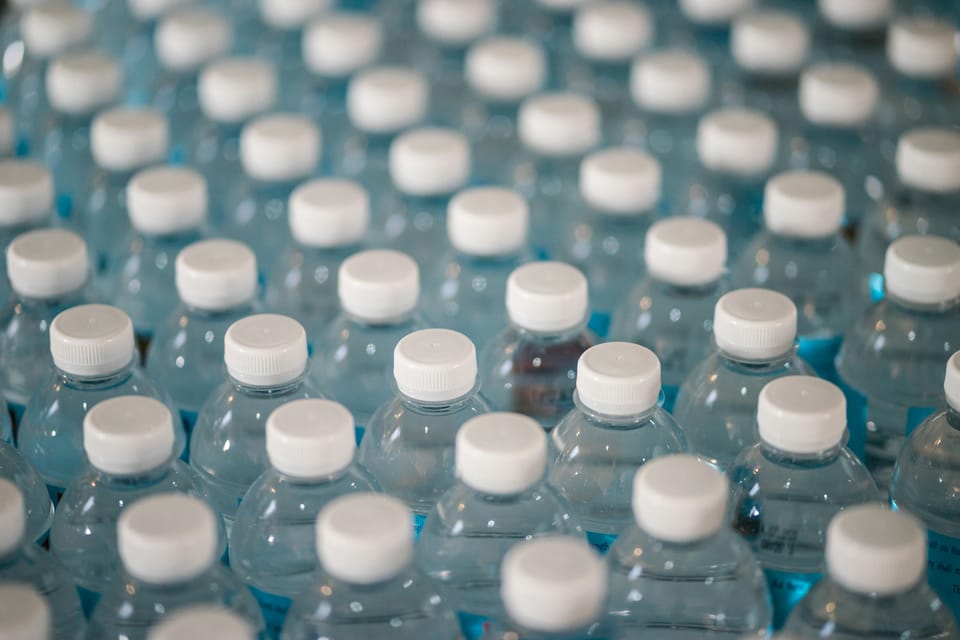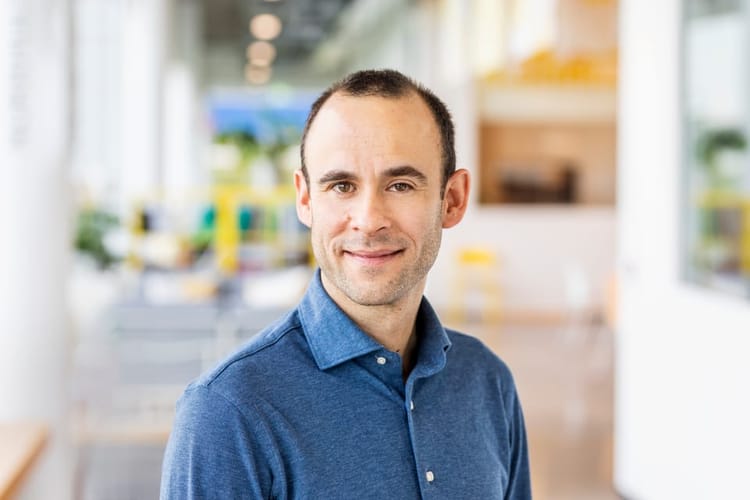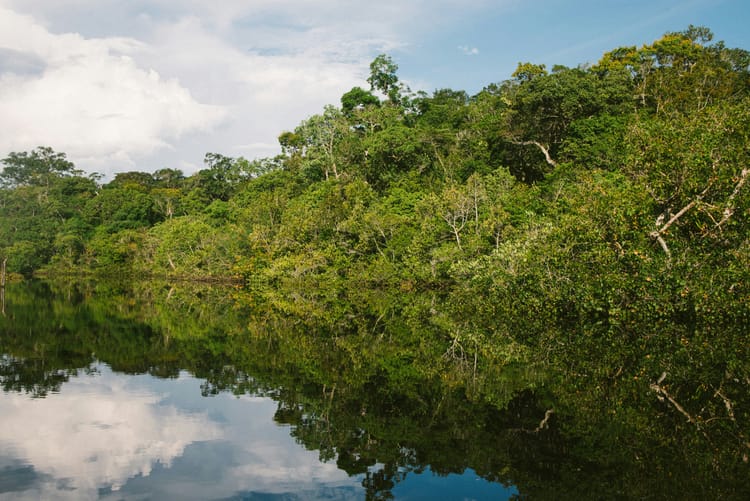Plastic production cap gets wave of new support at ocean conference
The ‘Nice wake up call for an ambitious plastics treaty’ has been welcomed by NGOs and business groups.

A group of 95 countries have reiterated their support for a target to reduce plastic production as part of the Global Plastics Treaty, by signing a ‘Nice wake-up call’ at the UN Ocean Conference.
The ‘Nice wake up call for an ambitious plastics treaty’ includes a call to reduce the production and consumption of plastic through a global target – a contentious issue that has so far been rejected by oil-producing nations.







